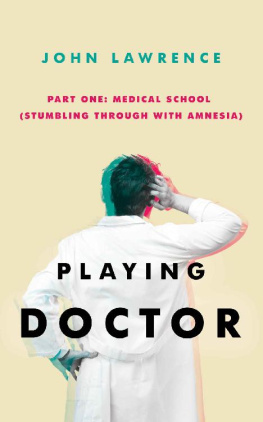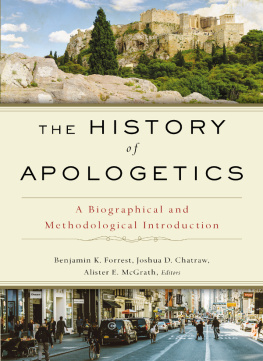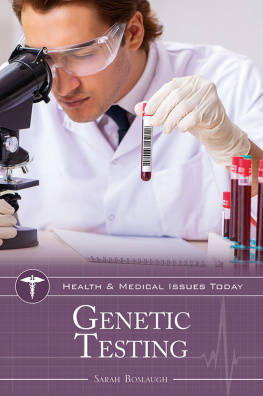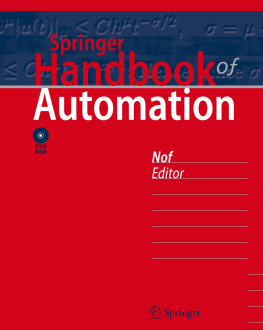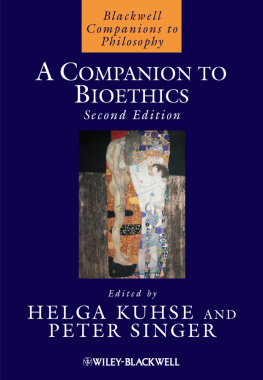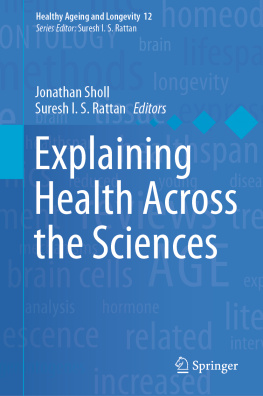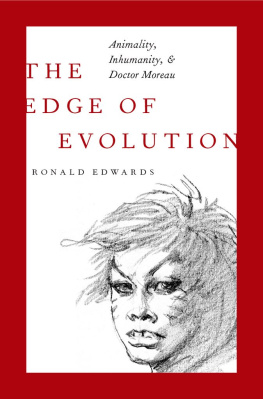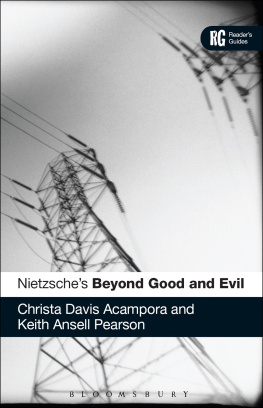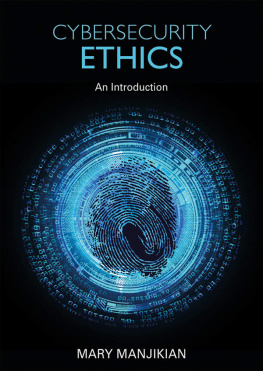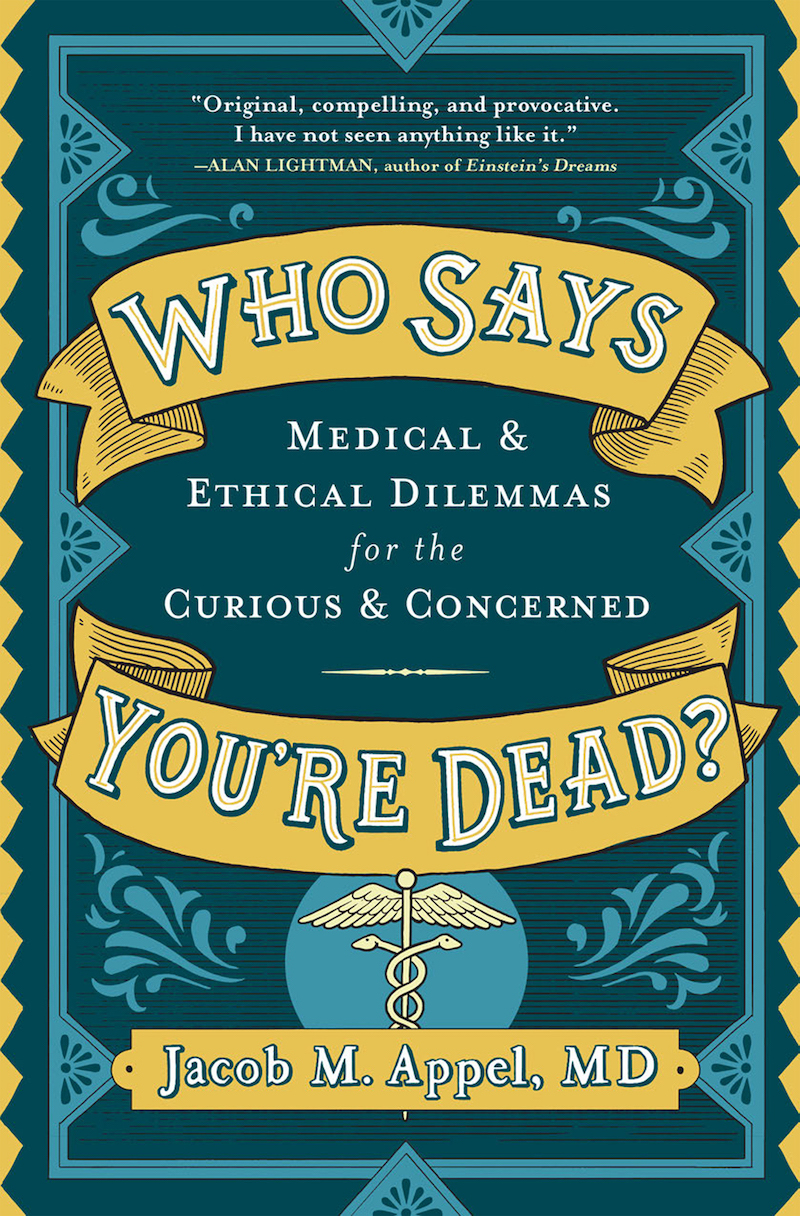Contents
Guide
Page List
A lso by J acob M. A ppel
ESSAYS
Phoning Home
NOVELS
Millard Salters Last Day
The Mask of Sanity
The Biology of Luck
Wedding Wipeout
The Man Who Wouldnt Stand Up
STORY COLLECTIONS
Amazing Things Are Happening Here
The Amazing Mr. Morality
The Liars Asylum
The Topless Widow of Herkimer Street
Coulrophobia & Fata Morgana
The Magic Laundry
Miracles and Conundrums of the Secondary Planets
Einsteins Beach House
Scouting for the Reaper
POEMS
The Cynic in Extremis
Who Says Youre Dead?

Medical & Ethical Dilemmas for the Curious & Concerned
Jacob M. Appel, MD

ALGONQUIN BOOKS OF CHAPEL HILL 2019
In memory of Professor Edward Beiser,
who asked all the hard questions,
and for Rosalie, who helps me find the answers
Contents

Introduction

Todays hospitals and clinics are the settings of some of the most challenging and controversial ethical dilemmas our society confronts. Every day, it seems, a pioneering researcher or clinician announces a new breakthrough: hand transplants, cloned sheep, targeted biological cancer therapies, cognitive enhancers, preimplantation genetic screening, transgenic micethe list of scientific miracles seems endless. With these technologies, of course, arise far more complex moral challenges. How to allocate scarce donor hearts and kidneys among potential recipients, for example, is not an issue unless the immunosuppressive drugs that prevent our bodies from rejecting those organs exist. Now they do.
Two recent technological developments offer windows into the strikingly different sorts of ethical challenges that such advances pose. One of these innovations is three-parent conception. As readers may or may not recall from high school biology, most of our DNA is housed in the nuclei of our cells, but some of our genetic blueprint is contained in small organelles outside the nucleus called mitochondria. Both types of DNA are necessary to produce a healthy baby. Under rare circumstances, the DNA in the mitochondria becomes defective through mutations; as a result, babies are born with debilitating genetic diseases. These conditions often run in families. To prevent these diseases, doctors can now take the nucleus of an egg cell from a potential mother who comes from such a family and combine it with the mitochondrial DNA of a second, unrelated woman. This process is known as cytoplasmic transfer. If this combined egg is then fertilized by a sperm, the result will be a baby with DNA from three distinct biological parentswhat the media has dubbed a three-parent baby. On the one hand, this is a great breakthrough: women once faced with the choice of conceiving a sick child or no child at all can now give birth to healthy offspring who live long, meaningful lives. On the other hand, such a process raises novel questions: Should two mothers be listed on this childs birth certificate? What happens if the woman who contributed mitochondria demands partial custody? Visitation rights? An inheritance? Alternatively, does the child ever have a right to learn the identity of the mitochondrial donor? Or the donors medical history? And in the age of surrogate motherhood, if the embryo is implanted inside a third womans uterus, what are the ethical and legal implications for a four-parent baby? While more than a dozen babies have been born over the past two decades through cytoplasmic transfer, many of these questions remain unresolved.
At the opposite end of the technological spectrum stands an advance far more familiar to the average healthcare consumer: the rise of the electronic medical record (EMR). These days, anyone who visits a doctors office or hospital emergency room has likely encountered the ubiquitous appearance of the computerized chart. Experts tell us that these EMRs will decrease medical errors and speed the transfer of health information. The ultimate goal, for many, is a so-called intraoperative system, where a patient can walk into any hospital or physicians office in the nation, and the staff will immediately be able to access the patients medical history, current medications, and regular healthcare providers contact information. This technology might prove particularly valuable in emergencies or when a patient has lost consciousness.
At the same time, it is fraught with the potential for lost privacy. Millions of healthcare professionals would require access to such a system for it to function well. But some patients may not want their records available in this manner. They may object to their podiatrist knowing that they suffer from a mental illness or their dentist learning what method of contraception they use. The potential for abuse also remains glaring: How will the system know if a pharmacist from Wyoming accesses the medical records of his soon-to-be son-in-law in Florida in order to discover whether his daughter will be marrying a man with a history of drug addiction? And if he does breach the system in this way, how should we punish him? Firing the victims future father-in-law may actually exacerbate the injured mans misfortune and will certainly not put the genie back in the bottle. And then, of course, there is the possibility that hackers will break into the system and post the medical records of everyone on the internet. Certainly, these pitfalls require a careful balancing between privacy rights and access to top-notch care.
As a practicing psychiatrist and bioethicist, I explore these exciting and often daunting ethical dilemmas every day. Over the course of nearly two decades teaching at Brown University, Columbia University, New York University, and the Icahn School of Medicine at Mount Sinai, I have written a trove of these difficult conundrums to stimulate discussion among medical students and residents. Some are drawn from the headlines, others loosely modeled on cases reported in professional journals. A few, painstakingly disguised, come from my own clinical encounters. Whether you are planning a career in healthcare or you are a layperson intrigued by the ethical issues you often witness all too briefly on popular television shows, the dilemmas that follow are designed to let you investigate your own values, engage with difficult real-world issues, and argue (in good cheer) with friends and family across the dinner table.
The commentary provided after each conundrum is not intended to sway your opinions. Rather, these are reflections that offer some of the real ways in which established bioethicists, clinicians, and policy makers have tackled similar moral quandaries. Some of these quandaries may arise in your own life, and there is value in having thought about the issues in advance. The hope is that you will examine these questions from multiple vantage points, whatever your ultimate feelings, and will recognize that intelligent people of goodwill may arrive at different conclusions.
In the hospital or in the legislature, addressing these highly fraught subjects can prove emotionally grueling. Fortunately, discussing them hypothetically, in your own living room, should be precisely the opposite: invigorating and inspiring. Above all, the goal of this volume is to convey the intellectual pleasure of engaging with complex ethical questionsto let you do what professional bioethicists do every day. So I do hope you enjoy!


